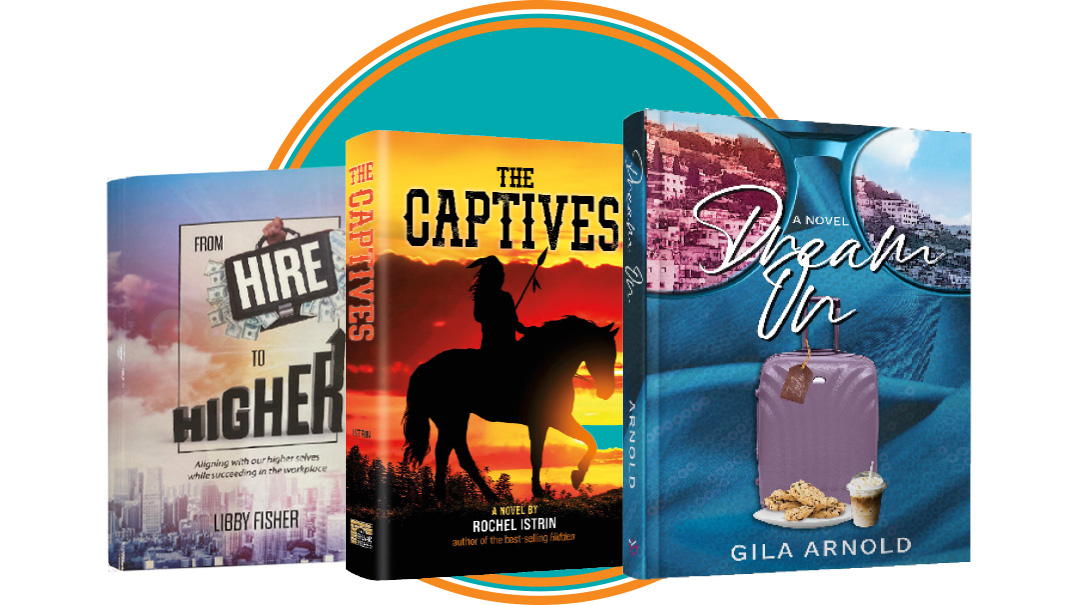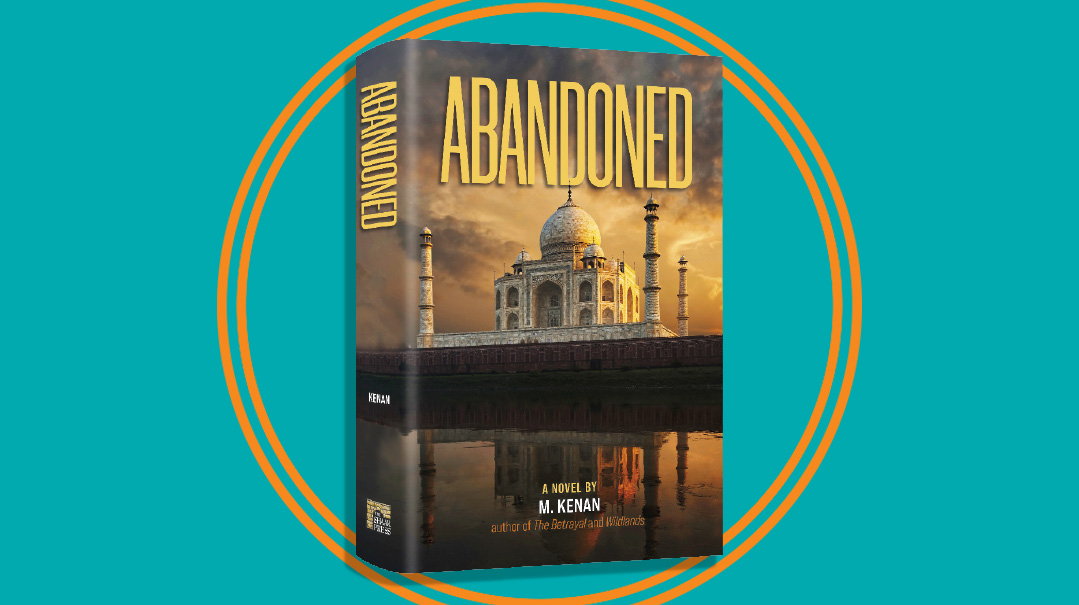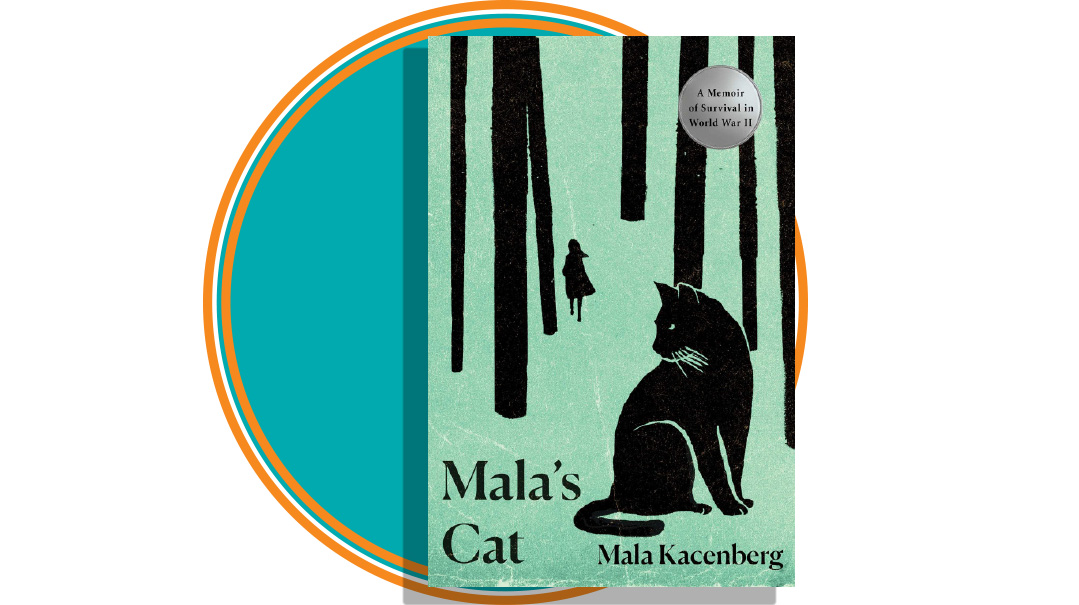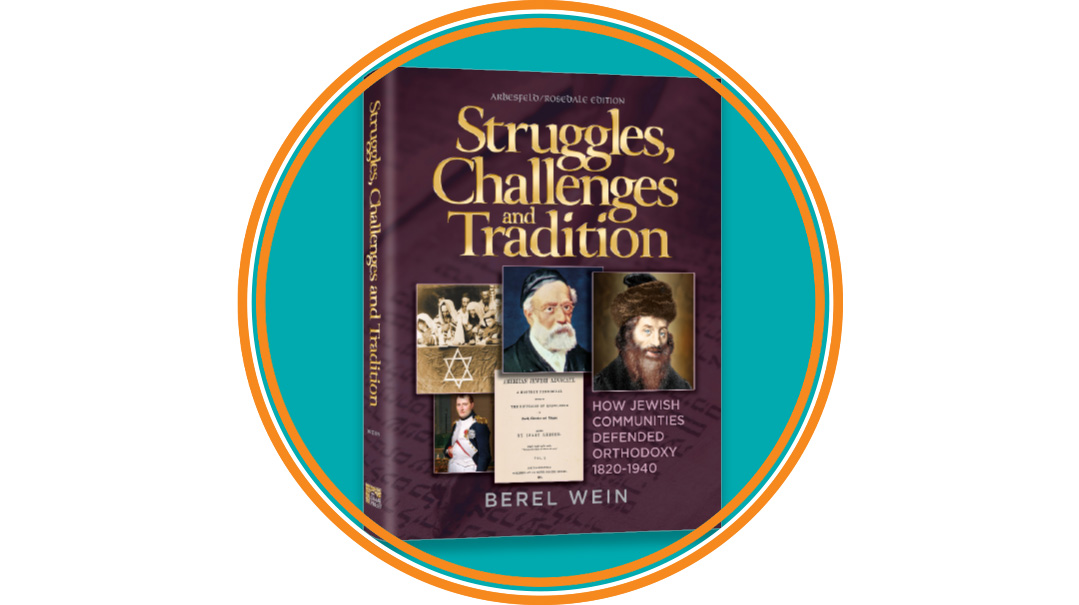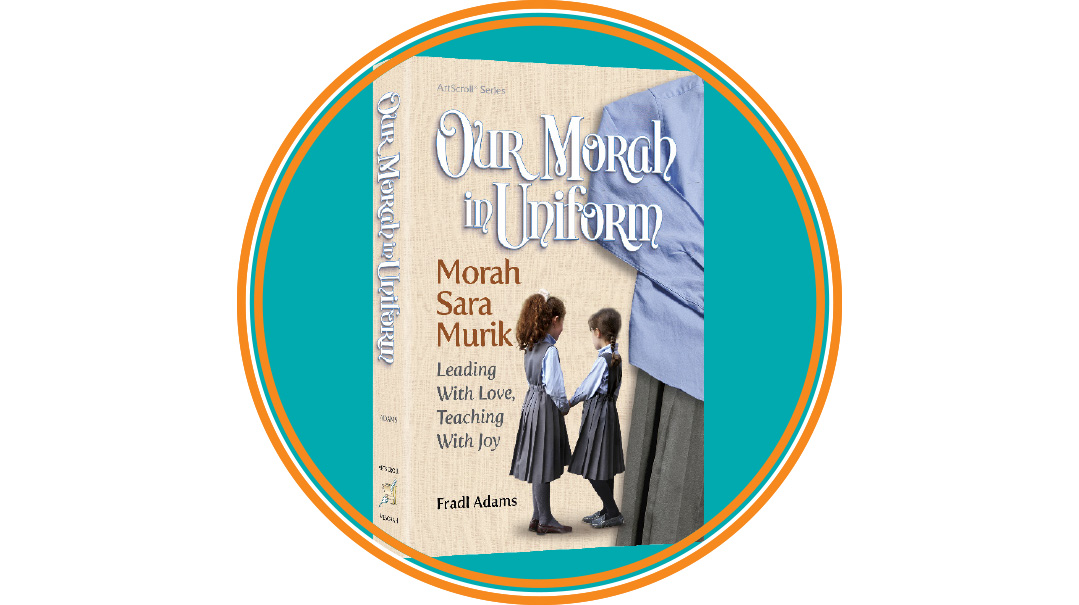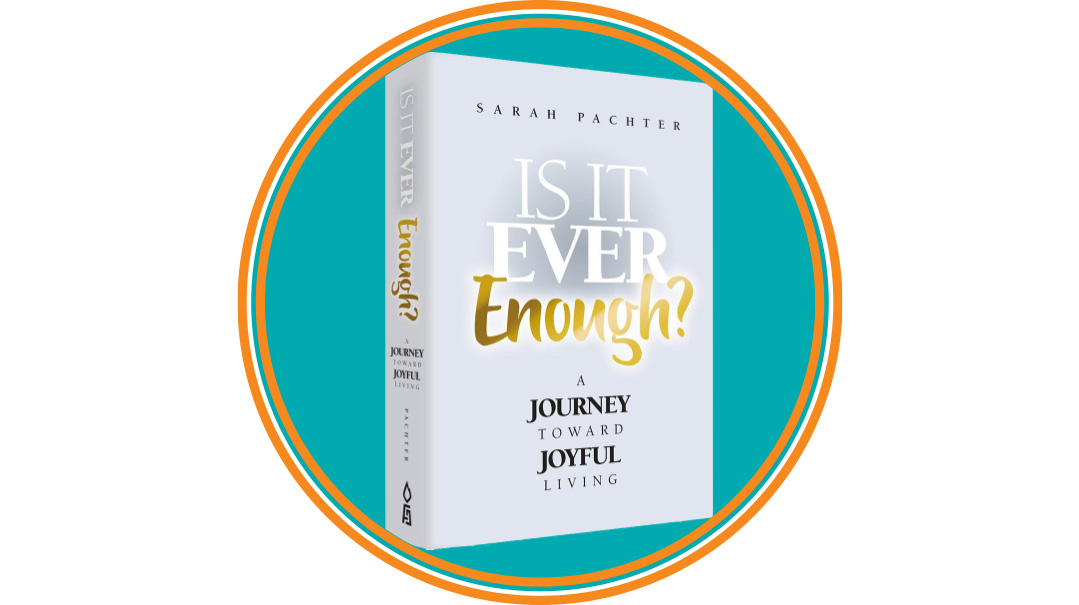Who is Like Your People?
| July 20, 2021"Baalei teshuvah and geirim are hypersensitive to hypocrisy. If you’re going to work with them, be sure your actions and your mouth are on the same page"
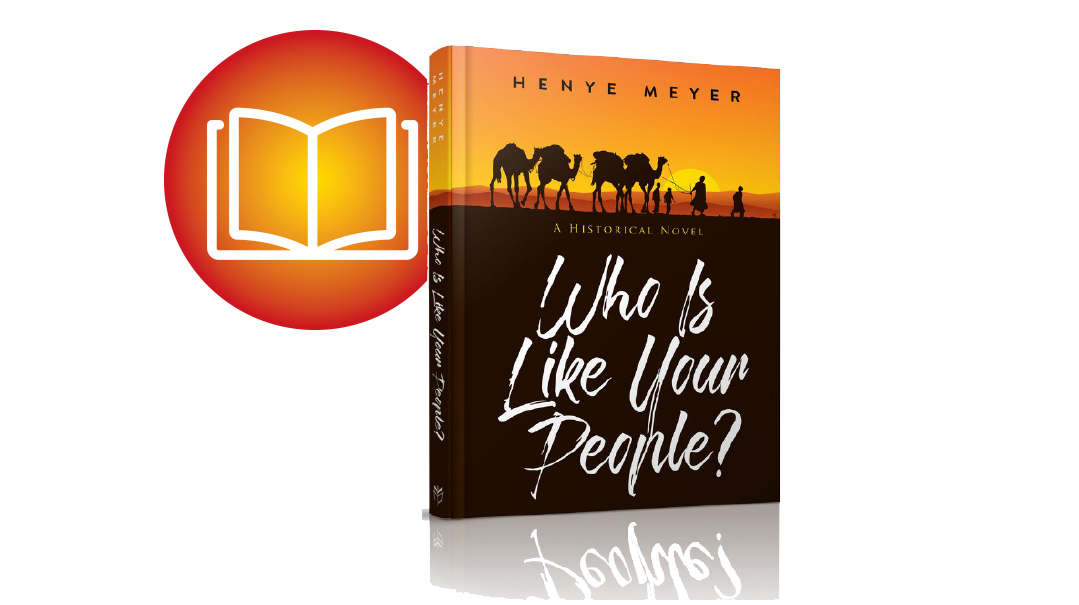
Book: Who is Like Your People?
Author: Henye Meyer
Publisher: Menucha Publishers
The book in two lines
This is the story of Ovadya, an early 12th century Norman convert to Judaism, brought to life in a novel. His personal journey is explored against the backdrop of various Jewish communities of his time.
The author in three lines
I was born in Phoenixville, PA, and spent most of my youth in the local Carnegie Public Library. I now live in Manchester, England, have a large family ka”h, an old house, and a big garden. I laugh a lot and enjoy historical research. My many novels have been a staple of Jewish libraries for almost forty years.
How did you encounter Ovadya and decide to write his story?
In 1984, in the process of researching my novel The Exiles of Crocodile Island, I came across Professor Goitein’s book A Mediterranean Society, and in it, found an excerpt from Ovadya’s autobiography. His personality leapt off the pages. I wrote to Professor Goitein, and he sent me some unpublished material he had about him. However, I don’t just write stories. I need a message. I had to wait until I knew what message I wanted to convey in this novel. Writing this book took 35 years. I went at it in fits and starts, and I wrote a number of other novels in the intervening years, not to mention raising a family, but it was always looking at me accusingly.
The strangest feedback you ever got?
A novel I wrote was given a two-star review on Amazon, and the entire review read “Not what I expected” — which says more about the reader than about the book!
Oops! We could not locate your form.

